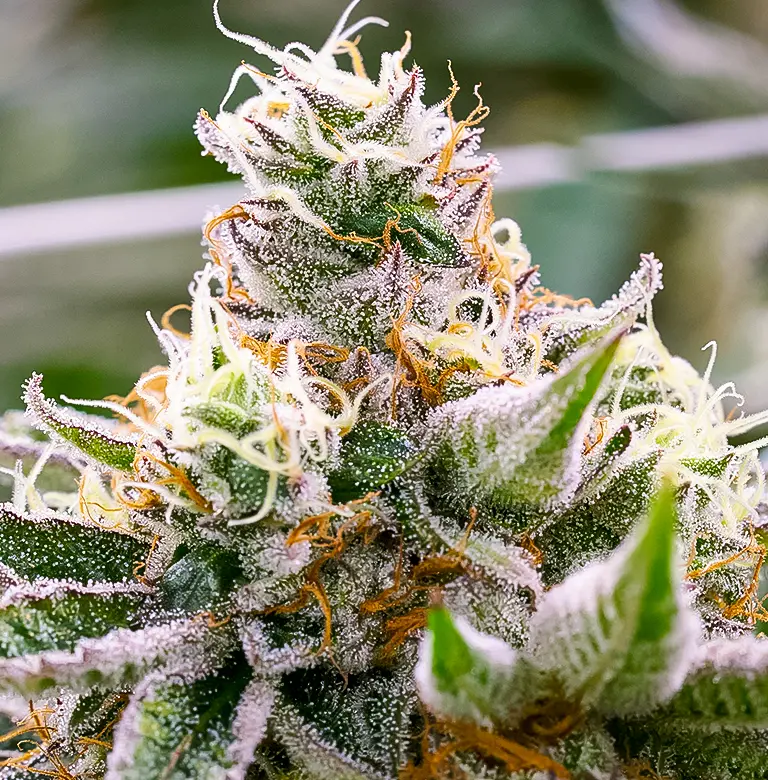Steps to Secure Your Medical Cannabis Card for Optimum Health Benefits
Steps to Secure Your Medical Cannabis Card for Optimum Health Benefits
Blog Article
Shedding Light on What Medical Cannabis Can Treat: a Comprehensive Evaluation of Its Restorative Residences
In current years, there has been a growing interest in the healing possibility of clinical marijuana. While unscientific evidence is plentiful, a detailed evaluation of the clinical data regarding the efficiency of clinical cannabis in treating these problems is called for.
Persistent Pain Administration
Chronic discomfort administration continues to be a crucial aspect of healthcare, requiring a comprehensive approach for effective therapy. Recently, medical marijuana has become a potential restorative alternative for people suffering from chronic discomfort problems. The endocannabinoid system, which plays a critical function suffering modulation, has been targeted by cannabis-based treatments to minimize signs and enhance lifestyle for clients.

Additionally, clinical marijuana supplies an appealing alternative for people that experience unbearable negative effects from traditional discomfort medicines. Its capability to address discomfort via a different mechanism makes it a valuable enhancement to the toolbox of treatments readily available for persistent pain management.
Epilepsy Therapy Prospective
Medical cannabis has shown appealing potential in the treatment of epilepsy, providing an unique restorative technique for taking care of seizures in people. Epilepsy is a neurological disorder identified by recurring seizures, influencing people of every ages. Conventional treatments for epilepsy include antiepileptic drugs, however these drugs might not be reliable for all patients and can have considerable adverse effects.
Study on using medical marijuana for epilepsy has revealed encouraging results. Cannabidiol (CBD), a non-psychoactive substance located in cannabis, has been especially highlighted for its anticonvulsant residential or commercial properties. Researches have revealed that CBD can reduce the frequency and intensity of seizures in people with treatment-resistant kinds of epilepsy, such as Dravet syndrome and Lennox-Gastaut syndrome.
Furthermore, the FDA has actually authorized a CBD-based medication, Epidiolex, for the therapy of seizures related to these serious forms of epilepsy. This milestone highlights the growing recognition of clinical cannabis as a useful healing alternative for managing epilepsy and provides wish for people that have actually not responded well to traditional therapies.
Queasiness Alleviation Conveniences
The alleviation of queasiness through the use of cannabis has been increasingly acknowledged for its therapeutic benefits in different medical problems. Queasiness and throwing up are usual signs and symptoms experienced by clients going through radiation treatment, those with intestinal problems, and individuals with chronic discomfort conditions. Medical marijuana, with its active substances such as THC and CBD, has revealed promise in providing remedy for nausea.
:max_bytes(150000):strip_icc()/iStock-187383537-58daf3115f9b584683c132f4.jpg)
Moreover, medical cannabis provides an all-natural alternative for people that do not react well to standard anti-nausea drugs or that experience severe side results from these medications. Individuals going through radiation treatment, in particular, have actually reported substantial improvements in their high quality of life when utilizing cannabis to take care of nausea or vomiting. As research in this field remains to expand, medical cannabis is significantly being thought about as a useful choice for nausea relief in numerous medical settings.
Anxiety Decrease Impacts
Research studies have actually shown the capacity of cannabis in reducing stress and anxiety signs with its interaction with the endocannabinoid system. The endocannabinoid system plays a critical role in managing emotions, including anxiety, by keeping homeostasis in the body. Cannabinoids in cannabis, such as THC and CBD, engage with the endocannabinoid receptors in the brain, particularly the CB1 and CB2 receptors, to regulate anxiety-related feedbacks.

Individuals with conditions like generalized anxiousness problem (GAD), social pop over to this web-site anxiety condition, and trauma (PTSD) might take advantage of the anxiolytic residential or commercial properties of marijuana (Medical Cannabis Clinic). However, additional research study is required to identify ideal does, distribution methods, and long-lasting effects on stress and anxiety administration.
Prospective for Swelling Control
With its recognized anti-inflammatory residential or commercial properties, marijuana has actually revealed pledge in possibly regulating swelling within the body. Swelling is the body's all-natural feedback to injury or infection, yet when it comes to be persistent, it can add to different illness such as arthritis, inflammatory bowel disease, and even heart disease. Research recommends that the cannabinoids discovered in marijuana, such as THC and CBD, can assist reduce and manage the immune feedback swelling.
Research studies have revealed that marijuana can communicate with the endocannabinoid system, which plays a vital function in controling inflammation. By targeting the cannabinoid receptors, marijuana substances can regulate the immune feedback, causing a reduction in inflammation degrees. This makes cannabis a potential prospect for handling inflammatory conditions where traditional therapies have failed.
Additionally, cannabis-derived products like CBD oil have acquired appeal for their anti-inflammatory homes, with numerous people utilizing them as a natural remedy for problems related to inflammation. While more study is needed to totally comprehend the devices behind marijuana's anti-inflammatory results, present searchings for reveal encouraging results for the possible use medical marijuana in managing swelling.
Conclusion
To conclude, medical marijuana has shown encouraging therapeutic residential properties in managing persistent pain, treating epilepsy, relieving nausea or vomiting, minimizing anxiety, and regulating inflammation. Its possible advantages in various clinical conditions highlight the importance of more research and exploration into its medical usage. The evidence suggests that clinical marijuana could be an important option treatment option for people seeking relief from a series of symptoms and problems.
In current years, clinical marijuana has actually arised as a potential restorative choice for people experiencing from persistent discomfort problems.Clinical marijuana has actually revealed encouraging possibility in the therapy of epilepsy, supplying an unique therapeutic approach for managing seizures in clients. As study in this area continues to grow, medical cannabis is increasingly being thought about as an important choice for nausea relief in various medical settings.
In final thought, clinical cannabis has actually revealed promising healing buildings in handling persistent discomfort, treating epilepsy, alleviating nausea, reducing anxiousness, and controlling inflammation. The evidence suggests that clinical marijuana could be a useful choice therapy choice for clients looking for relief from a variety of signs and symptoms and problems.
Report this page